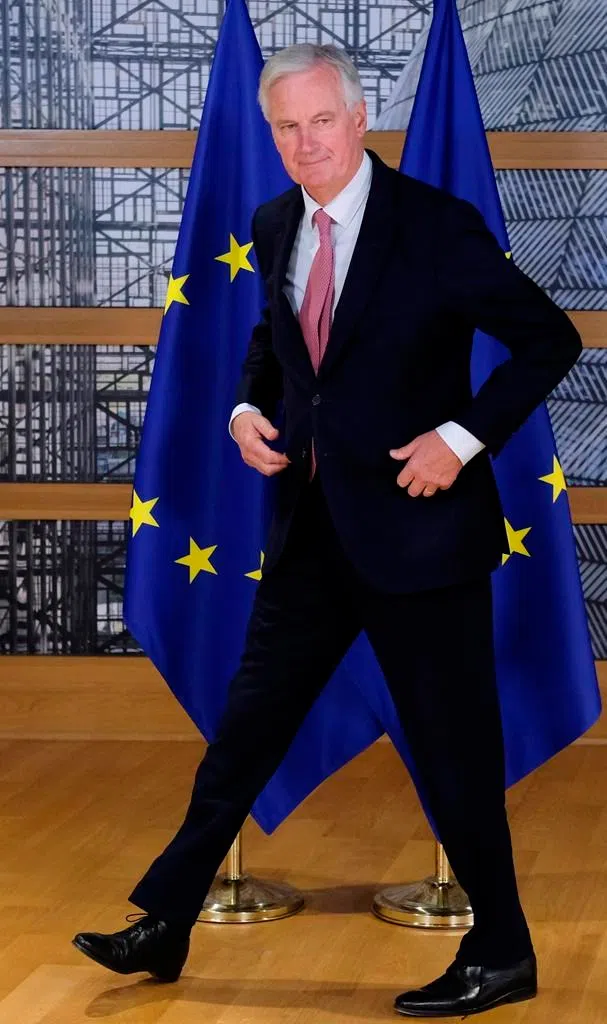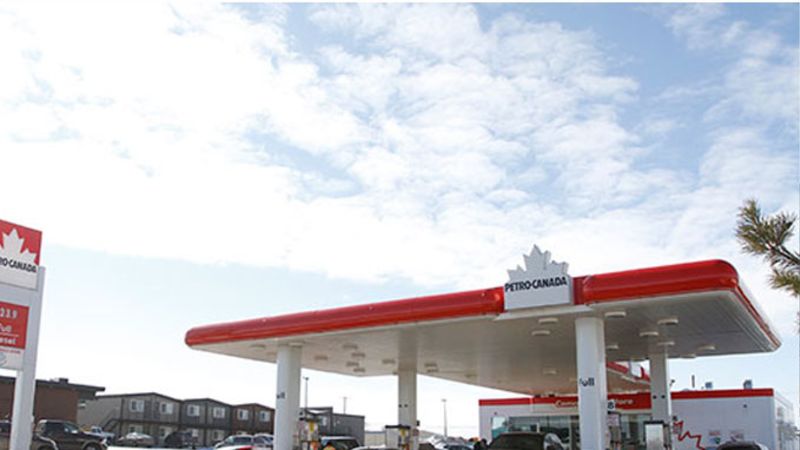
EU official urges Britain’s May to get creative on Brexit
LUXEMBOURG — The European Union largely abandoned hope of clinching a Brexit deal this month and a top EU official implored British Prime Minister Theresa May on Tuesday to come up with “a new method of thinking” on the Irish border issue that has stumped negotiators for over a year.
With the leaders of EU countries meeting Wednesday, EU Council President Donald Tusk told May to think like a free spirit and “present something creative enough to solve this impasse” at the summit that previously was touted as a pivotal event in Britain’s two-year departure from the bloc.
As prospects for a compromise stood ahead of the meeting, Tusk said there were “no grounds for optimism” about Britain and the EU reaching a deal.
Members of May’s own party and the Conservatives’ parliamentary allies oppose the prime minister’s current proposals for the future EU-U.K. border in Ireland, putting her in a political straitjacket that restricts the “creative” ideas Tusk seeks.


